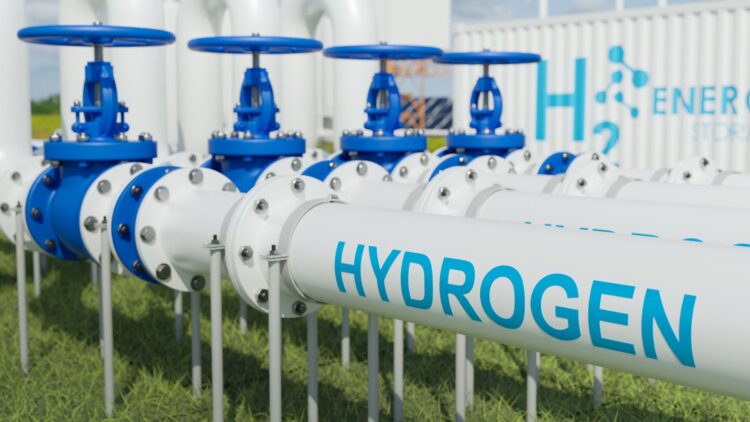Germany is presenting a new path in hydrogen engine innovation that pursues sustainable mobility and is committed to the use of alternative fuels. Currently, the goal is to develop engines with zero emissions. Germany is promoting green technology based on the use of hydrogen, compared to the various ecological options that are also currently being marketed. This progress represents a commitment to energy efficiency that will be a novelty in the automotive industry. Read on to learn more.
Raised questions regarding whether battery-electric vehicles (EVs)
Germany’s hints of a breakthrough engine will truly increase questions related to whether battery-electric vehicles (EVs) will keep to take the lead or whether hydrogen combustion engines could demonstrate to be a more lucrative long-term solution. At the time Germany’s possible engine invention is rising interest, it is also making U.S. automakers and policymakers watch their automotive breakthrough rather up close. In terms of a possible future combustion engine pushing hydrogen forward, alongside the launch of Germany’s PoWer consortium, hydrogen is not the only contender in the clean energy development, but a ruling chemical in terms of internal combustion engines.
Exploring the possible breakthrough engine from Germany
Germany has been pushing forward the agenda in terms of a future hydrogen-powered internal combustion engine (H2-ICE) in the meantime they are researching to prove technological efficiency is taken care of. This specific breakthrough engine will be one that is able of getting thermal efficiency more than that of traditional gasoline engines.
H2-ICE technology makes use of hydrogen in combustion, which will permit this future engine to make the most of existing infrastructure. In terms of decarbonizing off-road sectors, the recent engine will present this potential as well, since electrification is susceptible to experience hurdles in terms of decarbonizing off-road sectors, mainly because of the battery restrictions.
Hydrogen engines certainly are gaining more popularity, in particular at a time when the U.S. and other countries are trying to reduce reliance on the EV supply chain market that is totally ruled by China. Hydrogen combustion engines surely do have the potential to suceed all hurdles faced in terms of the race toward a cleaner mobility at the incoming times.
How is Germany pushing forward the hydrogen agenda?
Germany seems to be steadfast on the hydrogen way. Late in 2024, a German consortium called PoWer (Platform for Hydrogen Engines for Work and Energy) was presented to prove hydrogen-powered engines for construction. The German consortium, under the leadership of Mahle, has Liebherr, Deutz, Claas, KIT, and the German Aerospace Center (DLR) under its belt.
PoWer has received €5.1 million in funding from the Federal Ministry for Economic Affairs and Climate Action. The whole aim of PoWer is to demonstrate hydrogen engines are known for “off-highway” use. In addition, the idea is to reduce emissions in the process.
Germany’s investigation in the mobility sector is deemed as relevant as cross-sector collaboration, according to Dr. Marco Warth from Mahle. Hydrogen is truly a key player for decarbonization future.
Why is Germany encouraging the hydrogen agenda?
Since Germany seems to be persuadiong hydrogen combustion, the U.S. should be looking to modificate its interest from only that of hydrogen fuel cells to hydrogen combustion engines. Germany is clear that hydrogen combustion engines will definitley lead the future.
Since H2-ICE engines are rather flexible, these engines could fit in ever with no difficulty in sectors such as mining, aviation, and even marine transportation. Centering on H2-ICE engines could significate less strategic dependence on China, which currently has a stronghold over EV batteries and uncommon earth minerals.
In the case the U.S. does not look carefully enough into hydrogen investigation and the potential presented by hydrogen combustion engines, it could end up trailing far behind in terms of clean energy innovation. Germany is making sure that Europe is certainly exemplifying interest in a future where hydrogen combustion engines can be set up throughout the transportation sector.
Actually, another hydrogen-engine world leader has proved that combustion engines are not the issue, but the fuel selection for these combustion engines is the main question.
The shift in the hydrogen-EVs landscape
Yes, the clean transportation landscape is being modified, and the engines we know at these days could soon be changing to hydrogen combustion engines. At the same time Toyota may be saying goodbye to the hydrogen combustion engine in favor of a 22nd century fuel, Germany’s breakthrough in hydrogen combustion engine technology proves hydrogen combustion engines are here to stay.

